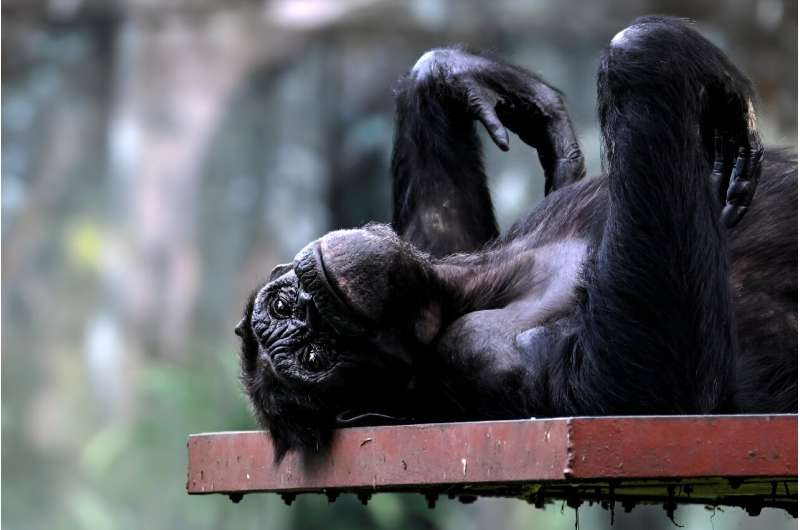In the intricate tapestry of nature’s intelligence, humans have long been regarded as the masters of cumulative culture—our ability to pass down skills, knowledge, and technology across generations, thereby fueling our remarkable ascent. Yet, recent studies reveal that we’re not alone in this feat. Bumblebees and chimpanzees, too, exhibit the capacity to learn complex skills from their peers, challenging the notion of exclusive human intelligence.
Published in the journal Nature, these groundbreaking studies shed light on the remarkable abilities of these non-human species and their potential for cumulative culture.
Led by researchers from the Queen Mary University of London, the bee study demonstrated that bumblebees possess a surprising aptitude for social learning. In a series of experiments, bees were trained to solve a two-step puzzle box, a task initially deemed challenging for these tiny creatures. However, through observation and learning from their peers, some bees successfully completed the puzzle—a feat previously thought to be beyond their capabilities.
Meanwhile, in a separate study published in Nature Human Behaviour, researchers uncovered similar findings in chimpanzees. Working with semi-wild chimpanzees at the Chimfunshi Wildlife Orphanage in Zambia, the team devised a complex puzzle box involving multiple steps. Demonstrator chimpanzees were trained to solve the puzzle, after which naive chimps quickly learned the technique by observing their peers.
These findings challenge conventional wisdom regarding the exclusivity of cumulative culture to humans. The ability of bees and chimpanzees to learn complex tasks through social observation suggests a level of intelligence and cultural transmission previously underestimated in non-human species.
While the sample sizes in these studies were relatively small, the implications are profound. They suggest that cumulative culture may be more widespread in the animal kingdom than previously thought, transcending species boundaries and highlighting the intricate web of intelligence that exists in the natural world.
As we continue to unravel the mysteries of animal cognition and behavior, these studies remind us of the rich diversity of intelligence that surrounds us. From the buzzing world of bees to the intricate societies of chimpanzees, nature’s tapestry is woven with threads of learning, adaptation, and collective wisdom.
In the words of Alice Bridges, one of the researchers involved in the bee study, these findings challenge the notion that cumulative culture is solely the domain of the “smartest” species. Instead, they invite us to embrace a broader understanding of intelligence—one that celebrates the remarkable capabilities of all creatures, great and small.
